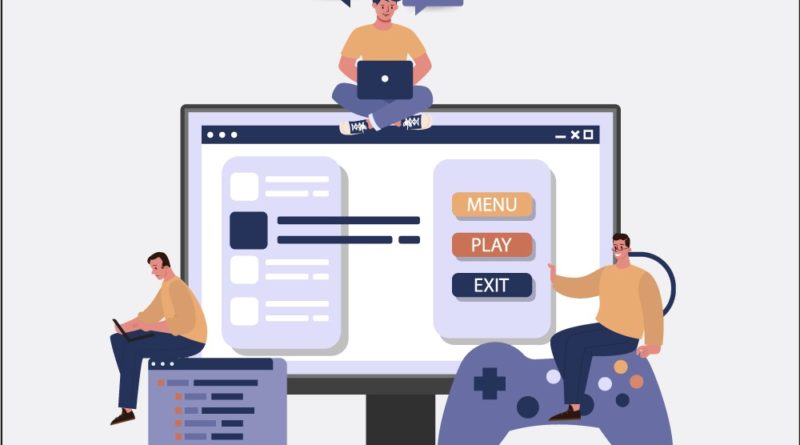What Are the Polish Cultural References, Formality Levels and Time Zones For Game Localisation In The Context Of Website Translation?
For Game localisation in the Polish market, understanding Polish cultural references, formality levels, and time zones is essential for providing an immersive and culturally relevant gaming experience. Here are some key points to consider.
Polish Cultural References
Folklore and Mythology- Polish culture has rich folklore and mythology, including famous legends and mythical creatures. Translators should be familiar with these references when adapting in-game content.
Historical Figures and Events- Polish history has significant figures and events that may be referenced in games. Translators should accurately convey the cultural significance of these references.
Traditional Festivals- Polish culture celebrates various traditional festivals and holidays, such as Christmas, Easter, and Independence Day. Adapting in-game events related to these celebrations is important for player engagement.
Formality Levels
Polish has different levels of formality in addressing others. Translators must understand when to use formal or informal language depending on the context and the relationship between characters.
Time Zones
Poland is in the Central European Time (CET) zone, which is UTC+1 in standard time and UTC+2 during Daylight Saving Time (DST). Translators should be aware of time zone differences for time-related events in the game.
Language Variations
Polish language has regional variations in vocabulary and pronunciation. Translators should choose language variants that best suit the target audience in Poland.
Sensitive Topics
Translators should be mindful of cultural sensitivities, especially when dealing with historical or political content that may be sensitive to Polish players.
Localization of Graphics and Artwork
Graphics and artwork should be culturally appropriate and relevant to the Polish audience.
Voiceovers and Audio
If the game includes voiceovers, Polish voice actors should accurately reflect the characters’ emotions and cultural context.
Currency and Numeric Conventions
Translators should ensure that currencies and numeric conventions are appropriately adapted for the Polish market.
By considering these cultural references, formality levels, and time zones, game translators can create an authentic and engaging gaming experience for Polish players. Localization that aligns with Polish cultural norms and values enhances player immersion and contributes to the game’s success in the Polish market.
How Do Regional Variations Impact Polish Game Translation?
Regional variations in Polish can significantly impact game translation and localization for the Polish market. Polish, like many other languages, has regional dialects and variations in vocabulary, pronunciation, and expressions. Here’s how regional variations can affect game translation and their corresponding professional translation services.
Vocabulary Differences- Different regions in Poland may use distinct vocabulary for certain words or expressions. Translators must be aware of these regional variations and choose the most appropriate terms for the target audience.
Pronunciation and Phonetics- Regional variations can influence pronunciation and phonetic differences in spoken Polish. Translators should consider these nuances, especially when working on voiceovers or character dialogues.
Spelling and Grammar- Some regional variations may affect spelling and grammar rules. Translators need to ensure consistency with the spelling conventions of the target region.
Informal Language- Informal language, including slang and colloquial expressions, can differ across regions. Translators should adapt the level of formality to match the target region’s linguistic norms.
Cultural References- Regional variations can also impact cultural references, folklore, and historical events. Translators must be familiar with the specific cultural elements relevant to the target region.
Local Idioms and Sayings- Different regions may have unique idioms and sayings that do not directly translate to other variants of Polish. Translators should find equivalent expressions that resonate with the target audience.
Time and Date Formats- Regional differences may affect how dates and times are formatted. Translators should ensure that the date and time formats align with the conventions of the target region.
Localization of Names- Some names, especially place names, may have regional variants or pronunciations. Translators should consider localizing such names to match the target audience’s familiarity.
Cultural Sensitivities- Certain cultural references or content may be more sensitive in specific regions. Translators should be mindful of these sensitivities and adapt content accordingly.
Voice Acting- If voiceovers are included in the game, using voice actors from the target region can enhance the authenticity and relatability of the characters.
To address regional variations effectively, game translators may collaborate with local experts, conduct market research, and engage players from the target region for feedback. The goal is to provide a localized experience that feels natural and culturally relevant to the specific audience in Poland, fostering a strong connection between players and the game.

